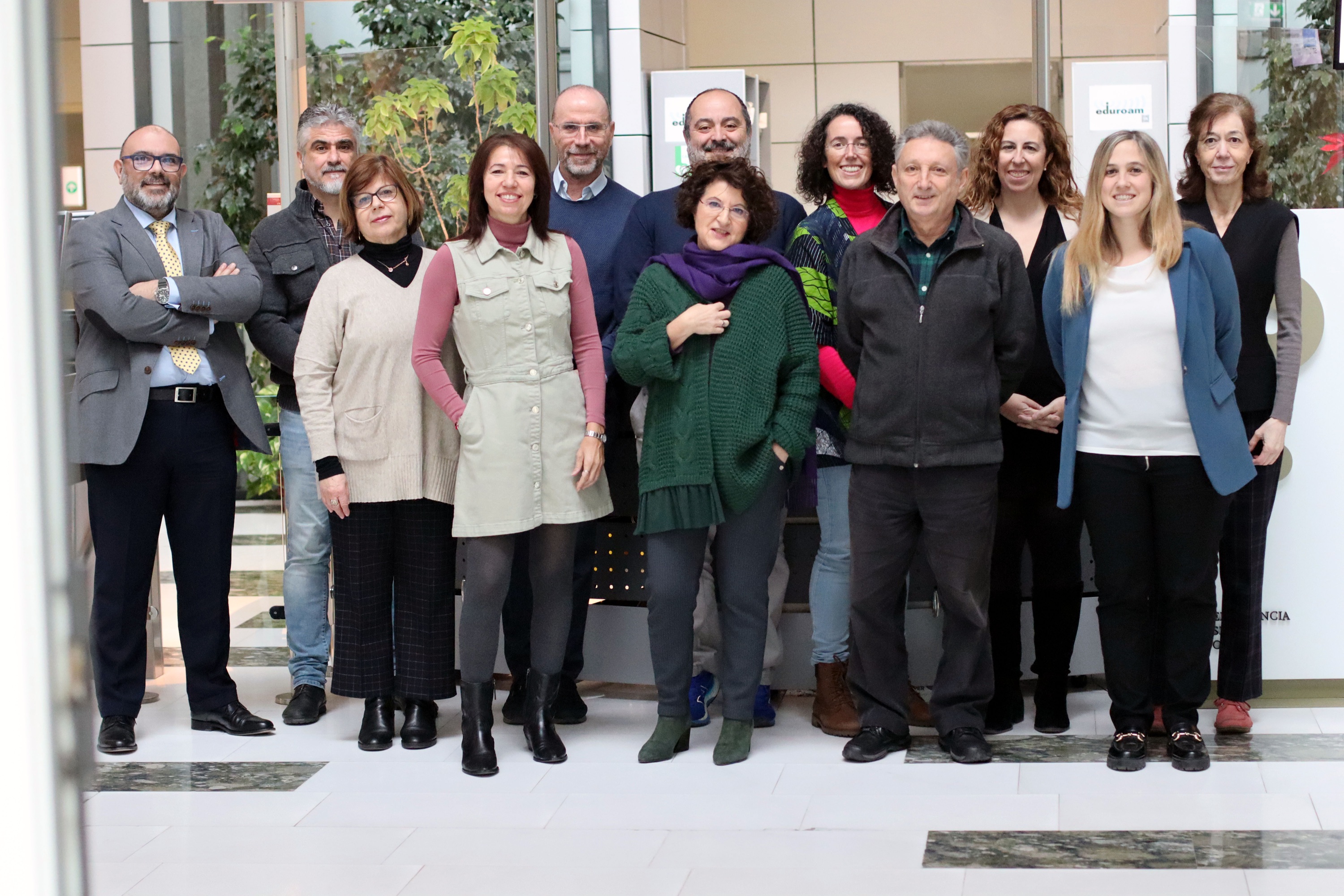The CNIC secures ISO 9001 certification for its 11 technical units
The accreditation confirms the reliability of the units’ technical output and facilitates external collaborations, factors crucial to sustaining the CNIC’s leadership in cardiovascular research
The Centro Nacional de Investigaciones Cardiovasculares (CNIC) has secured ISO 9001 certification for all 11 of its technical units, a significant milestone that underscores the center’s commitment to quality and excellence. This achievement highlights the CNIC's dedication to delivering high-quality scientific and technological services, cementing its reputation as a leader both nationally and internationally.
The 11 technical units at the CNIC conduct research and offer services in the areas of Genomics, Proteomics, Advanced imaging, Biofinformatics, Flow cytometry, Transgenesis, Pluripotent cell technology, Viral vectors, Microscopy, Clinical trials, and Comparative medicine. The ISO 9001 certification gives assurance that these activities meet international quality standards, guaranteeing the reliability of their technical output and facilitating collaborations with international institutions, factors that are crucial to sustaining the CNIC’s leadership in cardiovascular research.
Las 11 Unidades Técnicas del CNIC -Genómica, Proteómica, Imagen avanzada, Bioinformática, Citometría de flujo, Transgénesis, Células pluripotentes, Vectores virales, Microscopía, Unidad de ensayos clínicos y Medicina comparada-, han obtenido esta certificación, lo que asegura que las operaciones y servicios ofrecidos cumplen con estándares internacionales de calidad. Este reconocimiento garantiza la fiabilidad de sus resultados y facilita la colaboración con instituciones externas, algo clave para su misión de liderar la investigación cardiovascular.
Moreover, comprehensive certification at this level across all its 11 technical units positions the CNIC at the cutting edge of quality management in the scientific research sector.
“ISO 9001 certification is especially valuable given that many research centers do not have these credentials, thus giving the CNIC a competitive edge in attracting external funding and research grants,” assured Beatriz Álvarez Flores, the Technology Development coordinator at the CNIC.
Certification also places the CNIC ahead of the curve, since adhering to quality standards could become mandatory for all research institutions in the future.
The CNIC’s success in this process reflects its investment in quality, from the recruitment of a quality assurance manager to improvements in IT and statistical systems. These efforts stem from a dedication to excellence and continuous improvement, ensuring that users receive services that meet the highest standards.
For a research center such as the CNIC, achieving certification of its technical services under the ISO 9001 standard holds great significance, both nationally and internationally.
• Guaranteeing quality and excellence
ISO 9001 certification provides assurance that services meet international quality standards, ensuring that procedures are efficient, reproducible, and geared toward continuous improvement.
In this way, partners, funders, and other stakeholders gain confidence in the capacity of the center to generate reliable, high-quality results.
• Optimizing internal procedures
Implementation of ISO 9001 standards requires the establishment of structured measures to standardize procedures and reduce errors, increasing operational productivity and optimizing the management of time and resources.
This fosters a culture of continuous improvement, strengthening the center’s ability to thrive in the fiercely competitive world of scientific research.
• Fostering public credibility
The certification reinforces transparency and accountability, an essential requirement for institutions that rely on public funding.
This will ensure the trustworthiness of research outcomes and scientific services, allowing them to be applied in ways that benefit society.
• Increasing international competitiveness
In today’s globalized world, ISO 9001 certification enables the center to compete on an equal footing with other prestigious institutions worldwide.
This paves the way for international partnerships, since many collaborators demand certified standards as a key precondition for joint efforts.
• Bringing in top talent and resources
The presence of certified quality management systems strengthens the center’s ability to attract leading researchers seeking positions at top-tier institutions.
Equally, these systems make it easier to secure funding and grants from organizations that prioritize management quality.
• Ensuring regulatory compliance and security
ISO 9001 certification drives organizational compliance with legal regulations and ethical standards, minimizing the risk of errors, negligence, or failures in service delivery.
Certification also provides assurance that biological samples, clinical data and sensitive materials are handled, stored, and processed according to established best practices.
The comprehensive ISO 9001 certification of the CNIC’s technical units positions the center at the forefront of scientific and technological research in Spain.
This accreditation strengthens the CNIC’s international competitiveness while also promising societal benefit through the development of innovative solutions for cardiovascular health.
Álvarez Flores concluded, “This achievement positions the CNIC as a model for the application of quality systems in research, helping to consolidate the center’s reputation and ensuring the efficient and transparent operation of its technical units.”











